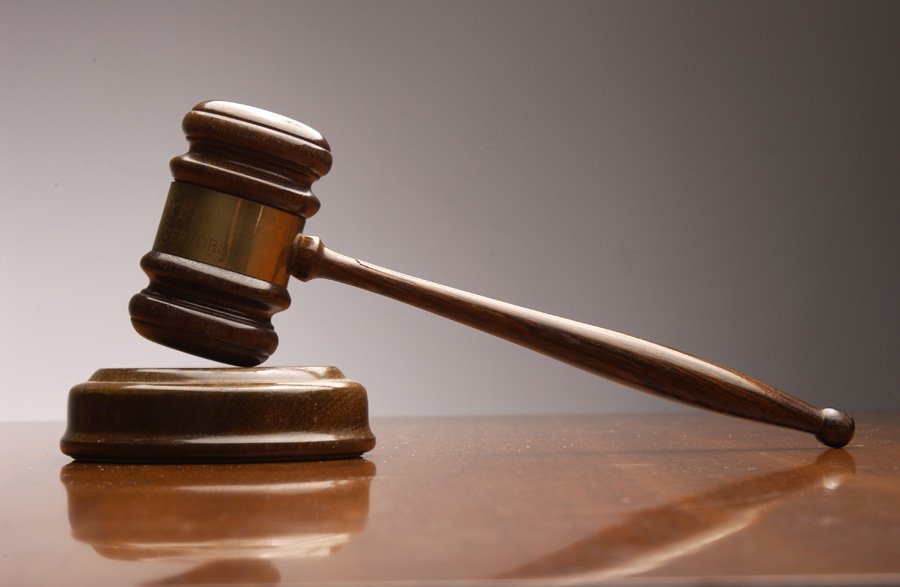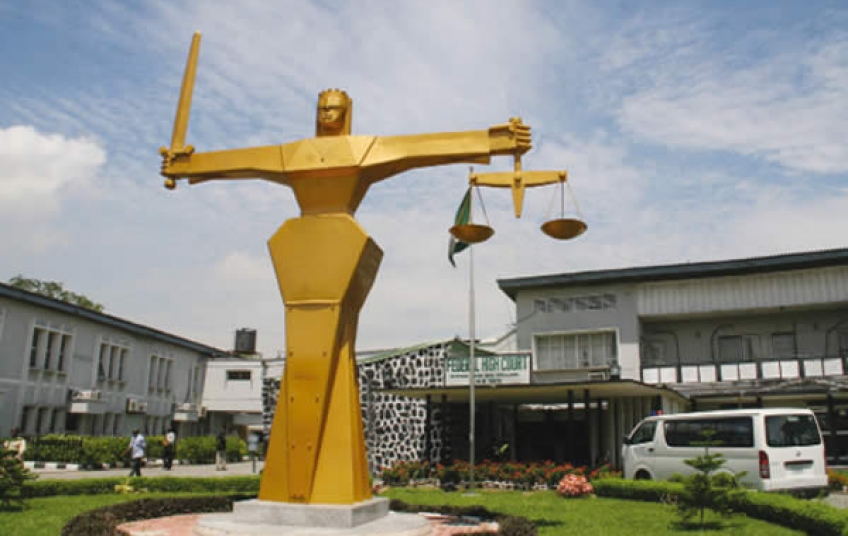EFCC Slams 21-Count Amended Charge Against Erastus Akingbola Over N179bn Fraud
The Economic and Financial Crimes Commission on Wednesday re-arraigned the former Managing Director of the defunct Intercontinental Bank Plc, Dr Erastus Akingbola on a 21-count amended charge.
Unlike the other charges which contained 26 counts, the amended charge contained 22 counts of fraud, granting reckless credit facility, abuse of office and mismanagement of depositor’s funds.
He pleaded not guilty to the charge as he did to the two previous ones.
At the resumed hearing of the case on Wednesday, counsel to the EFCC, Rotimi Jacobs (SAN) told the trial judge, Justice Mojisola Olatoregun that the commission had further amended charge sheet and urged the court to allow Akingbola to be re-arraigned.
The judge granted the request following no opposition from the defence team lead by Chief Wole Olanipekun.
In the charges, the anti-graft agency alleged that while he was the MD and Chief Executive Officer of Intercontinental Bank Plc, Akingbola used N179,385, 000, 000 belonging to the bank for “fictitious transactions.”
The EFCC also alleged that Akingbola used the N179bn “to buy Intercontinental Bank Plc’s shares, thereby inflating the market price of Intercontinental Bank Plc’s shares on the Nigerian Stock Exchange.”
The commission insisted that the actions of the accused person was a violation of Section 105 (2)(a) of the Investment and Securities Act 2007, and is punishable under Section 115 (a) of the same Act.
The EFCC also accused Akingbola of reckless granting of credit facilities to five firms, which did not furnish the bank with adequate security for the loans.
According to the EFCC, the firms, which were each granted a loan of N8bn without adequate security under Akingbola’s watch, were Soo-Kok Holding Limited, Tofa General Enterprises, Cinca Nigeria Limited, Harmony Trust and Investment Limited, and Stanzus Investment Limited.
The anti-graft agency claimed that the accused person acted contrary to Section 15 (1)(a)(i) of the Failed Banks (Recovery of Debts) and Financial Malpractices in Banks Act, Cap F2, Laws of the Federation of the Federal Republic of Nigeria, 2004, and was liable to be punished under Section 16 (1)(a) of the same Act.
The EFCC further alleged that Akingbola diverted £1.3m from Intercontinental Bank Plc’s GBP NOSTRO account at Deutsche Bank, London, and remitted same into the bank account of Fuglers Solicitors with the Royal Bank of Scotland Plc, London.
The commission alleged that the £1.3m was paid to Fuglers Solicitors for the purpose of buying a property in the name of Life Boat Settlement Trust, which Akingbola set up.
The anti-graft agency further claimed that the former bank chief knew the £1.3m to be proceeds of crime, “to wit: stealing and thereby committed an offence contrary to section 14 (1) of the Money Laundering (Prohibition) Act, 2004.”
Justice Olatoregun adjourned the case to March 14 to enable Chief Olanipekun, to conclude with the cross-examination of the second prosecution witness, Abdulraheem Jimoh.





